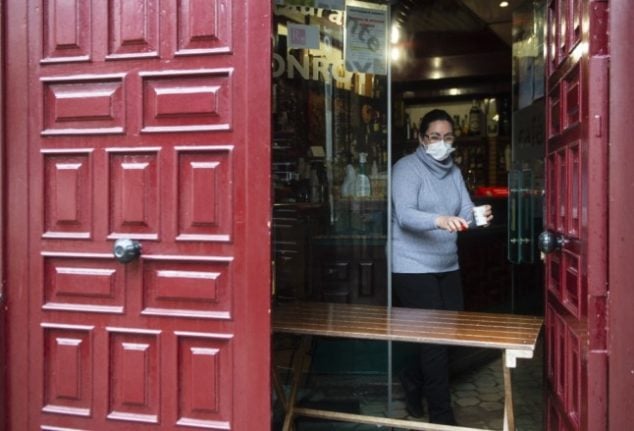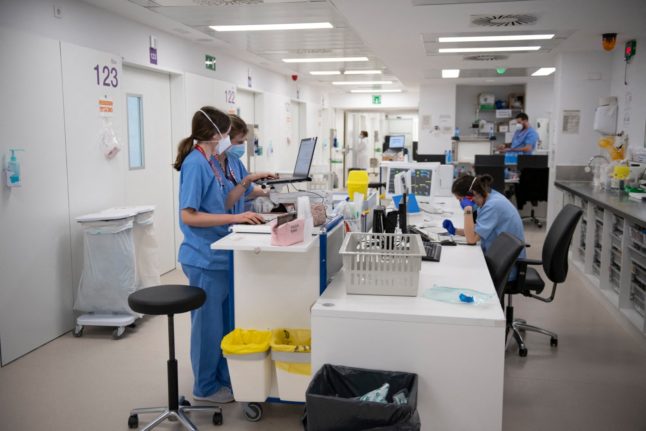From Thursday July 22th, authorities in the northwestern region of Galicia will expect residents of municipalities with a high or very high infection rate have to show proof that they are immunised against Covid-19 or that they don’t have the virus if they want to go inside their local bars and restaurants.
This can be done by showing proof of a negative Covid test taken within the last 72 hours, a certificate of full vaccination or proof of recovery from the illness over the past six months.
The Covid Digital Certificate issued by each autonomous community in Spain (primarily used for travel) allows people in Spain to create a verified digital document displaying any of these three Covid ‘health passes’.
READ MORE: How to get a Digital Covid Certificate in Spain’s different regions
Galician president Alberto Núñez Feijóo made the announcement at a press conference on Wednesday in which he spoke about other new restrictions in the region of 2.7 million people, where the fortnightly infection is currently 502 cases per 100,000 inhabitants.
READ MORE: What are the new restrictions in each region of Spain in July?
“We can no longer punish the hospitality sector by forcing them to close and that is why we will keep bars and restaurants open,” Feijóo argued while justifying measures similar to those in place in neighbouring France and Portugal.
“It’s the most appropriate formula to weather this situation.”
Galicia is therefore the first region in Spain to confirm residents will need a Covid health pass to do something as quintessentially Spanish as having a morning coffee at the bar or some tapas in the evening.
The measure still has to be ratified by the Galician High Court but bar and restaurant owners have already started asking customers for proof of a Covid health pass or closing their interiors completely to the public to avoid possible fines, according to local news sources.
It’s not the first time Galicia’s right-wing government implements stricter Covid measures than are commonplace in Spain, having previously been the only region to make Covid vaccines compulsory and the only place which requires visitors from other parts of mainland Spain to notify Galician health authorities when they arrive.
But how likely is it that other Spanish regions will follow in the footsteps of Galicia and other EU countries and require a Covid health pass to eat and drink out?



 Please whitelist us to continue reading.
Please whitelist us to continue reading.
Member comments